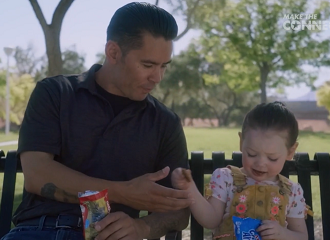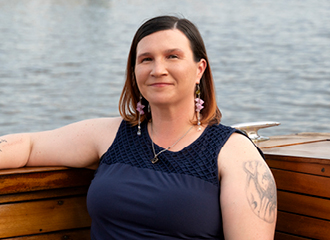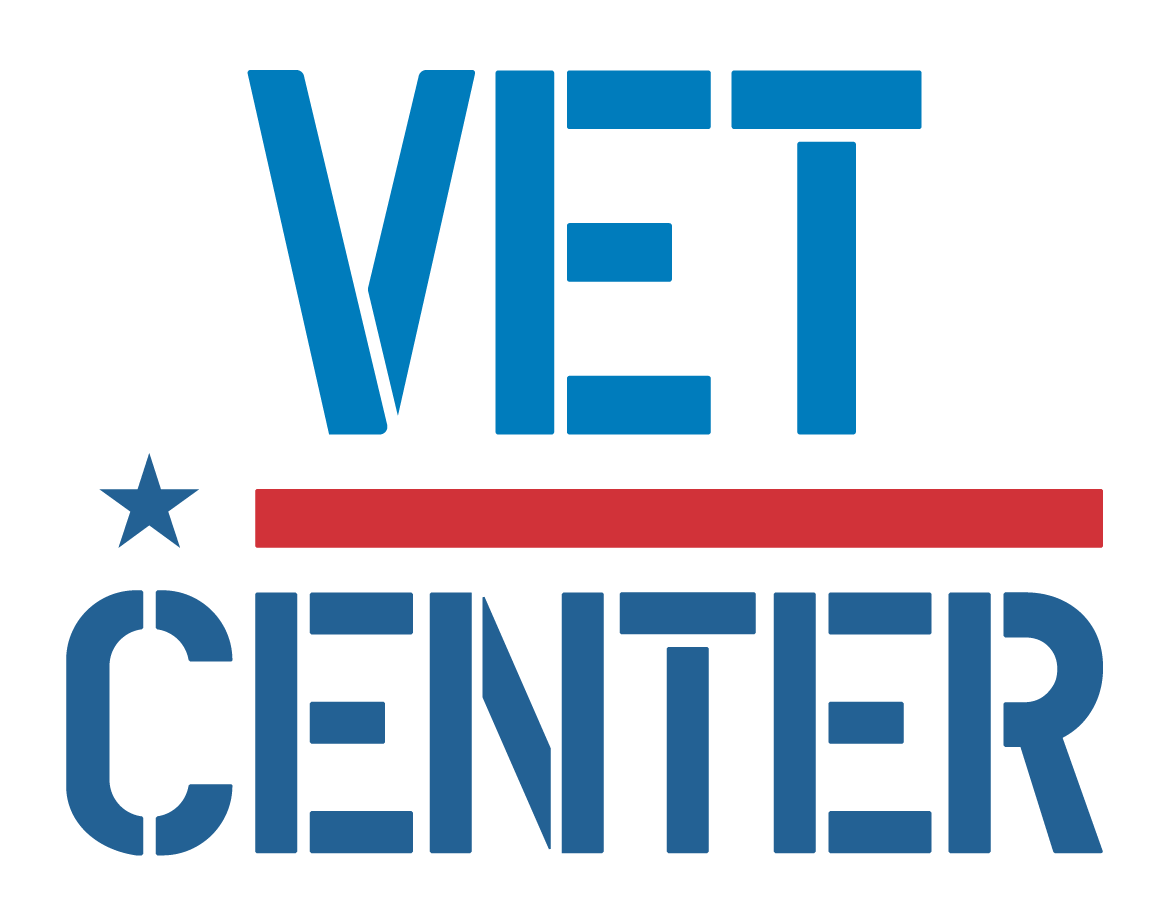Most drug problems start with casual use or with taking medication for a medical problem. People who develop problems with drugs often begin as recreational users, but then need increasingly higher and more frequent doses to feel the same effects. After a while, they may take drugs just to function, and before long, they can’t get through the day without them.
These are some signs of drug addiction:
- Increased use of the drug (any amount greater than prescribed)
- Using the drug regularly, such as daily or even several times a day
- Not being able to stop taking the drug
- Spending your money on the drug, even if you can’t afford it
- Feeling like you need the drug to deal with everyday problems
- Focusing large amounts of your time and energy on getting and using the drug
“I always thought you could only get addicted to illegal drugs. I never would’ve guessed how quickly taking sleeping pills could get way out of hand.”
Drug addiction can occur with many different drugs, not just illegal drugs such as heroin. An addiction to drugs can happen if you overuse prescription opioid painkillers such as Vicodin, OxyContin, codeine, and Percocet, inhale household chemicals like glues and sprays, or misuse over-the-counter medicines like cough syrup and cold pills. No matter what type of drug you may be taking, a drug problem influences your behavior. These are some symptoms of a drug problem:
- Changes in sleeping or eating habits
- Loss of interest in sex
- Neglect of personal hygiene and appearance
- Mood swings
- Downward spiral in general attitude or not caring about the future
- Anger and irritability
- Mistreatment of others
- Sneaky behavior, lying, or stealing
- Deteriorating relationships with family, friends, or co-workers
- Problems at work or school
- Legal or money problems
- Loss of interest in activities you used to enjoy
- Reluctance to introduce new friends to family members and old friends
If you are having problems with drugs, it doesn’t mean that you are weak or unable to change. Drug addiction is complicated, and it takes more than will power or good intentions to quit. Using drugs over time changes the brain, which leads to a need or craving for the drug.
There are many effective services for Veterans dealing with drug problems. One of the most proven forms of treatment is counseling or therapy, either alone with a therapist or in a group. Some counseling sessions may also include your family. To help you make a full recovery, counseling may include helping you improve and repair other problematic areas of your life at home, at work, with friends, or in everyday situations.
In addition, for some drugs like opiates, treatment may involve taking anti-addiction medications. Or your doctor may decide you need detoxification (detox) before you start other treatment. Drug detox uses medicine to help you safely stop taking drugs and manage the symptoms of withdrawal. You and your doctor will work together to determine what treatment will work best.
“The military instilled in me an immense amount of pride and self-discipline. It was hard to come to terms with my drug addiction at first, but choosing to get the help I needed turned out to be one of the best decisions in my entire life.”
Sometimes recovery from drug problems includes care for other issues that may be related to using drugs, such as posttraumatic stress, depression, chronic pain, trouble sleeping, irritability, and relationship problems. A doctor or therapist can help you identify and treat these issues, which can help the process of recovery.
VA offers a variety of options for treating drug problems like opioid addiction to accommodate your unique circumstances. There are programs for Veterans living in rural areas, women’s services, and evening and weekend clinics.
Every day, Veterans from all military service branches and eras connect with proven resources and effective treatments. Here’s how to take the next step: the one that’s right for you.
New to VA? Apply for health care benefits.
- Getting started is simple. Create a free account online to help ease your enrollment process. To prepare to apply for VA health care in person, by telephone, or by mail, explore VA’s “How to Apply for VA Health Care” page.
- Not sure whether you are eligible for VA health care benefits? Read about eligibility for VA health care.
- Unsure of what kind of help you need? Call 877-222-VETS (877-222-8387) to find the right resources to meet your needs, Monday through Friday, 8:00 a.m. to 8:00 p.m. ET. If you have hearing loss, call TTY: 800-877-8339.
- Veterans’ family members and caregivers can see whether they qualify for VA medical benefits as a spouse, surviving spouse, dependent child, or caregiver. Explore family and caregiver health benefits.
Already enrolled in VA and interested in mental health support? Schedule a mental health appointment.
- If you’re already enrolled in and using VA health care, the fastest way to schedule VA appointments is to call the VA facility where you want to receive care.
- With VA appointments tools, you can schedule some VA health care appointments online, view details about upcoming appointments, and organize your health care calendar.
- If you’re not using VA medical services, contact your nearest VA medical center or Vet Center to talk about your needs.
What about other options at VA? VA offers a variety of tools and resources.
- The Veteran Training online self-help portal includes modules on managing anger, developing parenting and problem-solving skills, and more.
- Mental health apps for Veterans cover a variety of topics, ranging from PTSD to anger management to quitting smoking.
- VA TeleMental Health connects you with a VA mental health provider through a computer or mobile device in your home or at your nearest VA health facility. You can learn more about this option from your local VA medical center.
- Community-based Vet Centers provide confidential counseling, community engagement and referral services to eligible individuals and their families. You don’t need to be enrolled in VA healthcare or have a service connection to receive services. Find a Vet Center near you or call 877-927-8387, 24/7 to talk with a fellow Veteran about your experiences.
- VA residential rehabilitation treatment, sometimes referred to as inpatient residential or domiciliary care, provides comprehensive treatment and rehabilitation services to Veterans with mental health conditions like PTSD, depression, and substance use disorder.
What about support outside of VA?
FindTreatment.gov and the National Resource Directory list programs outside of VA. Use these tools to find resources near you.











